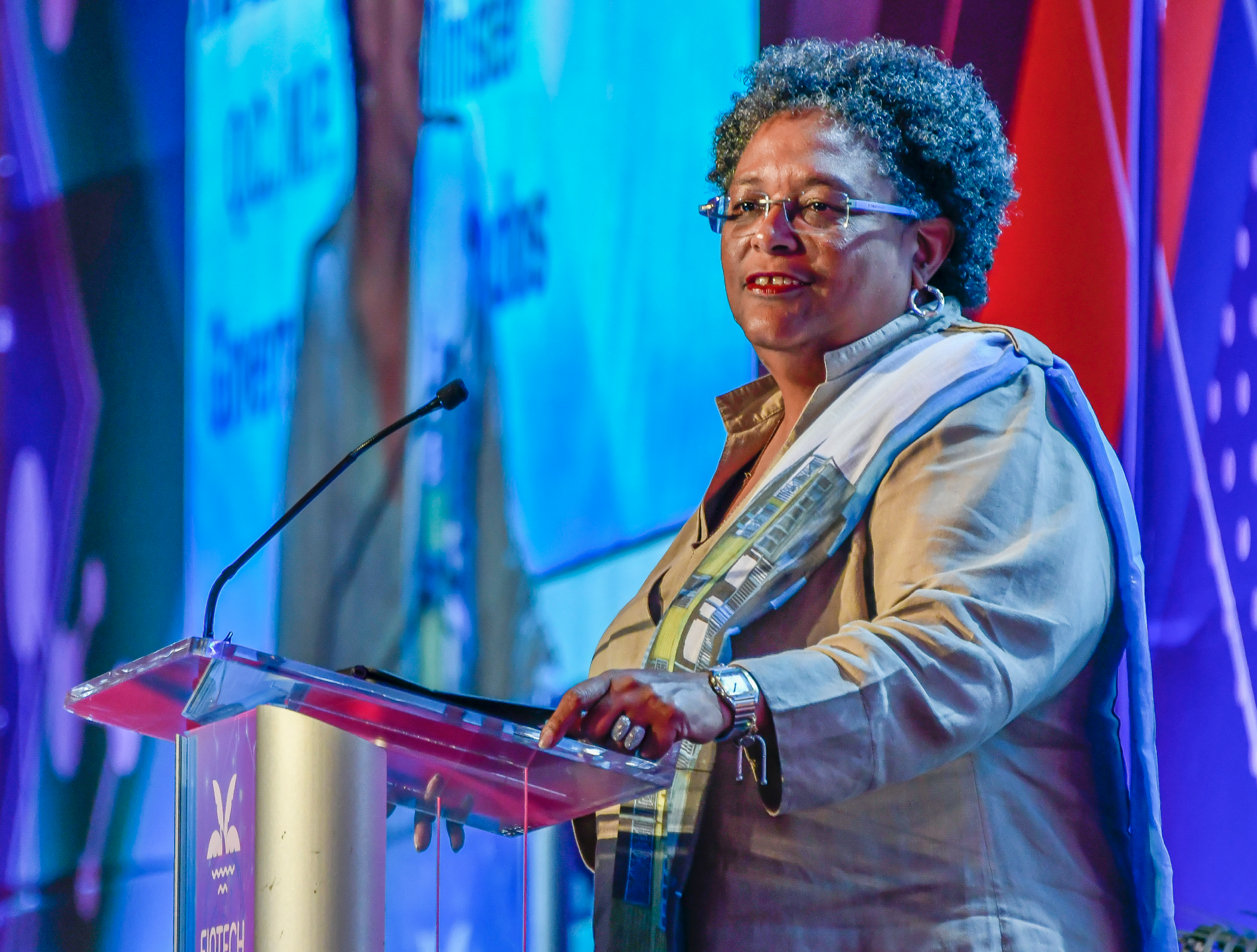This article originally appeared here in The Barbados International Finance & Business, a publication of Invest Barbados, the economic development agency of the government of Barbados.
On October 4-6, 2023, over 800 fintech leaders from around the world will convene at the second annual Fintech Islands conference set at the magnificent new Sam Lord’s Castle Resort. The members of this diverse global community – startup founders, venture capitalists, bank executives, technology vendors, financial regulators and more – align around a shared mission, to leverage emerging technologies to create a more efficient, inclusive and sustainable financial system. But why have they chosen this venue on the small island nation of Barbados as the place to cultivate partnerships, share insights and build financial technology businesses?
There are many reasons, starting with the bold leadership of The Honourable Prime Minister Mia Amor Mottley. The delicate balancing act for financial regulators in every global jurisdiction is protecting the vulnerable while also fostering innovation that stimulates economic growth and opportunity. In this regard, Prime Minister Mottley sets a remarkable example. In her keynote address at the inaugural Fintech Islands conference in October 2022, Mottley espoused an insightful approach to regulation that weighs whether each emerging financial solution serves the public purpose while avoiding public mischief and discrimination. “It is in the principles-based approach that we find what is fair to you [the fintech industry] and what is fair to those with whom you are seeking to serve.”
In addition to regulatory environments that provide a sandbox for fintech experimentation, the Caribbean and Atlantic region also presents a receptive market for fintech companies to expand globally. Across a total population of 45 million people, about two-thirds of Caribbean citizens are unbanked, meaning they are predominantly cash-based. Thus it is critical to the region’s economic future to introduce innovative financial solutions that help overcome cultural and historical barriers to transition from legacy methods and spur the adoption of digital tools.
The Caribbean fintech opportunity is not limited to the 26 countries of the region. Fintech is a worldwide opportunity based on strategic partnerships – and the international connectivity of the Caribbean, both culturally and economically, extends into North America, LATAM, Europe and Africa. In addition to the global intersections in the region created by tourism, there is nearly one person living abroad in the Diaspora to every person still resident within the Caribbean, making the Diaspora a valuable untapped potential resource for economic development.
Fintech is a broad space that addresses a diverse range of issues. Topics such as open banking and finance, digital currencies, climate and sustainability, and financial inclusion have unique relevance in the Caribbean while also impacting global geographies. For example, a central banker in Africa or LATAM can learn and benefit from insights from the Central Bank Digital Currency experiments by various Caribbean and Atlantic central banks. The relatively small size of the market, combined with a willingness to be global first-movers to test new financial innovations, make the Caribbean an important fintech catalyst.
Global investment in fintech is immense and growing. The 2022 Financial Services Global Market Report estimates that there was over $25 billion USD worth of funding in the global financial services market, growing at a compound annual growth rate of nearly 10% to over $37 billion USD by 2026. Thus, the stakes are high for participating businesses and investors, the consumers whose lives will be impacted by fintech innovations, and the governments seeking to balance economic opportunity with protecting their citizens.
With its dynamic leadership and gateway access to the world, Barbados has a unique opportunity to assert itself on a global stage as an impactful catalyst for the fintech revolution.

